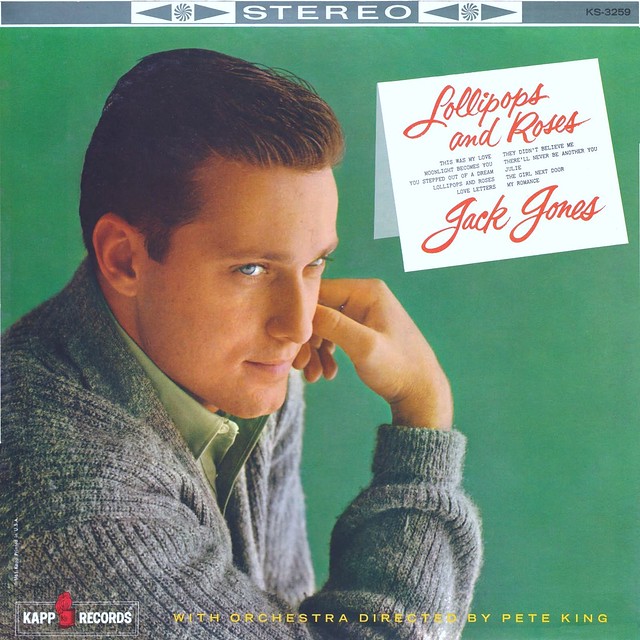C7 Cdim7
(C7)Botch-a-me, I´ll-botcha you and ev´rything goes crazy
(F)Bah-(Dm7)bah, (Gm)botch-a-me, bam(C)bino
Bah-bah-(F)bo, (Dm7)bo, (Gm)boca picco(C)lino
When-a (Gm)you kiss (C)me and (F)I´m a-kiss-a (Dm7)you
(G7)Tra la la la (C7)la la la la la (F)loo
(F)Bah-(Dm7)bah, (Gm)botch-a-me, my (C)baby
Bah-bah-(F)bo, (Dm7)bo, (Gm)just say ´Yes´ and (C)maybe
If-a (Gm)you squeeze (C)me and (F)I´m a-squeeza (Dm7)you
(G7)Tra la la la (C7)la la la la la (F)loo
(F)Bee-oo, (Dm7)bye-oh, (Gm)bee-oo, (C)boo
Won´t you (F)botch-a-, (Dm7)botch-a-(Gm)me?
(C)Bee-oo, (F)bye-oh, (Dm7)bee-oo,
(G7)boo
(C7)When you botch-a-me, I a-botcha you and ev´rything goes crazy
(F)Bah-(Dm7)bah, (Gm)botch-a-me, bam(C)bino
Bah-bah-(F)bo, (Dm7)bo, (Gm)boca picco(C)lino
And then (Gm)we will (C)raise a (F)great big fami(Dm7)ly
(G7)Tra la la la (C7)la la la la la (F)lee
(instrumental break)
(C7)Botch-a-me, I´ll-botcha you and ev´rything goes crazy
(F)Bah-(Dm7)bah, (Gm)botch-a-me, my (C)baby
Bah-bah-(F)bo, (Dm7)bo, (Gm)just say ´Yes´ and (C)maybe
If-a (Gm)you squeeze (C)me and (F)I´m a-squeeza (Dm7)you
(G7)Tra la la la (C7)la la la la la (F)loo
(F)Bee-oo, (Dm7)bye-oh, (Gm)bee-oo, (C)boo
Won´t you (F)botch-a-, (Dm7)botch-a-(Gm)me?
(SPOKEN: Kiss me!!)
(C)Bee-oo, (F)bye-oh, (Dm7)bee-oo,
(G7)boo
When you (F)botch-a-me, I a-(G7)gotcha
you!
(C7)(SPOKEN: C´mon a-you, kissa me, eh?!!)
(F)Bah-(Dm7)bah, (Gm)botch-a-me, bam(C)bino
Bah-bah-(F)bo, (Dm7)bo, (Gm)boca picco(C)lino
And then (Gm)we will (C)raise a (F)great big fami(Dm7)ly
(G7)Tra la la la (C7)la la la la la
(G7)Bee-oo, bye-oh, (C7)bee-oo, boo
(Gm)Botch-a-me, bam(C)bino, botch-a-(F)me
(SPOKEN: That´s nice!!)



